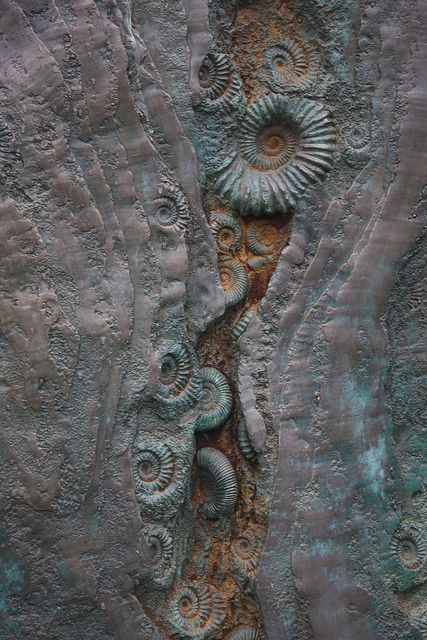Dear Integral Meditators,
How can we be more mindful of the space that lies between us as individuals and ourselves as members of a community that we depend upon? This weeks article looks at how we can start to investigate important dimension of mindfulness practice in a practical way.
In the spirit of our inter-relationship,
Toby
To be independent as a person means to be able to think for yourself, form your own (evidence based) opinions, be responsible for your own actions and life direction, as well as fundamentally trusting your own mind and judgment. The benefits of becoming truly independent include becoming a self-determining person who is able to go against the path of least resistance, ignore popular opinion (where appropriate), be alone and do what is necessary to find a way of life that leads to genuine fulfillment of your deeper needs, aspirations and ambitions.
To recognize interdependence means that, whilst being individuals we are also dependent upon others for our basic well being. The bus I took into work this morning, the computer hard and software I am using to type this article, the food I will buy for lunch after I finish both depend upon a huge chain of interdependence from which I benefit directly. In many ways I am completely dependent upon this chain of interdependence, my wellbeing and yours relies upon the community and networks which support us. One benefit of recognizing interdependence is that it encourages us to see the clearly what we receive from others and from our community every day, thus naturally developing appreciation, warmth and a wish to reciprocate that benefit back to others.
So then, to practice independent interdependence means to fully committed to realizing our individuality whilst at the same time recognizing that we are dependent upon the help and support we receive from others, our networks and communities. Interdependence encourages us to feel positive and grateful for what we are receiving, and encouraged to give back in whatever way we can.
There are two extremes that we want to avoid when practicing independent interdependence:
- Allowing our individuality to be negatively compromised for the sake of ‘fitting in’ to a network we are interdependent with
- Becoming a negative individualist in the sense of always valuing our personal wellbeing over and above the interests of the communities within which we co-exist. As individuals we see ourselves as equal with others, no more or less important. Indeed, if we learn to value our own individuality appropriately the effect of this is that we will come to value the individuality of other people more, not less.
Finding the middle way
Think about a situation that you may be experiencing right now in your life, perhaps one that is posing a few dilemmas for you. As yourself the questions:
- What is my individuality asking of me at this time?
- What are the legitimate needs of the community or network upon which I am dependent in this situation that should be honored?
Your practice of mindful independent interdependence lies in the middle of the dance between these two questions.
© Toby Ouvry 2016, you are welcome to use or share this article, but please cite Toby as the source and include reference to his website www.tobyouvry.com
Upcoming Courses at Integral Meditation Asia:
Ongoing on Wednesday’s, 7.30-8.30pm – Wednesday Meditation Classes at Basic Essence with Toby
Saturday April 16th, 2.30-5.30pm – Living Life From Your Inner Center – Meditations for Going With the Flow of the Present Moment – A three hour workshop
Thursday 21st April 7.30-8.30pm – Monthly Thursday Evening Integral Meditation Classes @ the Life Chiropractic Centre with Toby
Saturday April 30th, 2.30-5.30pm – Mindful Self Confidence: Developing your self-confidence, self-belief & self-trust through mindfulness & meditation
Integral Meditation Asia
Online Courses * 1:1 Coaching * Live Workshops * Corporate Mindfulness Training *Life-Coaching * Meditation Technology










 Tom and Jerry Mindfulness (Cartoon Character Positive Attitude)
Tom and Jerry Mindfulness (Cartoon Character Positive Attitude)